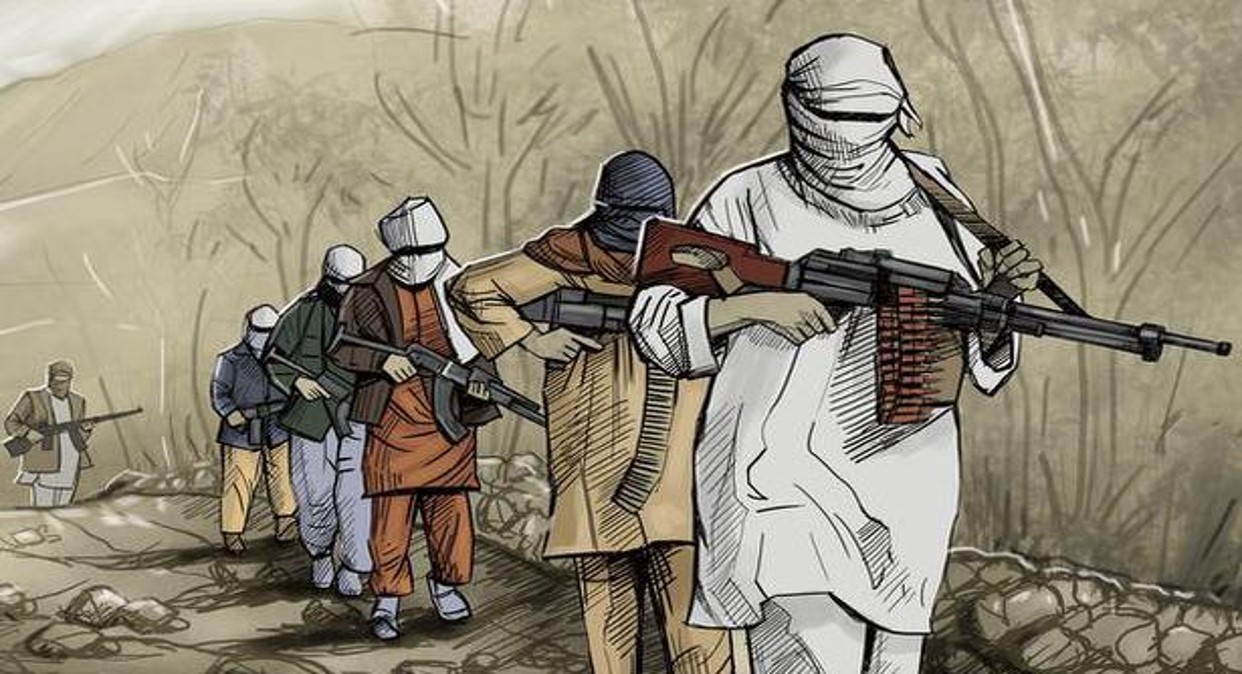Islamabad: Contrary to claims made over efforts to eradicate the networks of militant groups from its land, the continued increase in terrorist attacks, in 2021, compared with 2020, show that the reality is quite different. Since the Afghan Taliban’s return to power, Pakistan continues to back them while not officially recognizing the Taliban government. Yet major issues have emerged between the two sides.
The anti-Pakistan group Tehreek-e-Taliban Pakistan (TTP) has been emboldened by the Afghan Taliban’s rise to power and has stepped up violence against Pakistani security forces.
The Afghan Taliban also remain noncommittal on action against the TTP’s Afghanistan-based leadership and cadres — instead appearing to provide the TTP with sanctuary and substantial support.
Meanwhile, the Afghan Taliban have publicly challenged the Afghanistan-Pakistan border, specifically the colonial-era Durand Line, with tensions mounting after Taliban fighters dismantled sections of Pakistan’s border fence.
Writing for geopolitica.info, Di Valerio Fabbri said TTP has escalated terrorist attacks in the country since the Afghan Taliban took power in Kabul, and Islamabad’s interior minister has indicated that the trend may continue in the coming months.
Fabbri said Pakistan lack of preparation to deal with the issue have exacerbated the disconnect between Islamabad domestic counter-terrorism policy and the escalating violence.
“Pakistan doesn’t lack the imagination to envision the emerging threats and challenges but hardly changes its conduct, which has created a disconnect between policy and practice.”
Recent attacks in which many killed Pakistani soldiers were killed suggest that there is a surge of terror activity in the country since the Taliban took over Kabul, last year.
An Islamabad-based think tank, the Pakistan Institute for Peace Studies, recently published a report endorsing the fear that Pakistan has been slowly sliding into chaos and instability for the last couple of years, according to The Diplomat magazine.
In January alone, several terrorist incidents rocked Pakistan as major cities including Islamabad and Lahore were targeted.
According to Fabbri, instead of devising a proactive strategy to mitigate the impending risks, Pakistan chose to rely on the absurd thinking and appeasement of the militants.

